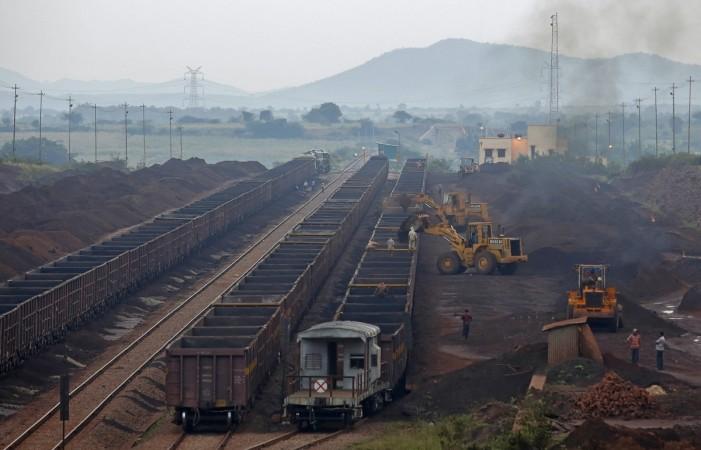
Until recently, India was one of the top exporters of iron ore. But the trend is reversed now as the country looks at importing coal to meet its own requirement. Factors such as limited iron ore, bans on mining due to illegal practices, expiry of leases, heavy shipments duty and no proposal by the government to bring down the export duty have been cited as the prime reasons for this change in status.
India has been forced to import iron ore from countries like Australia, Brazil and South Africa. The country plans to import about 45 million tonnes of iron ore in the next three years, an industrial executive told Reuters.
JSW steelmaker did not import any iron ore last year, but following the domestic cutback in production, the company has announced an import of 6 million tonnes of iron ore in 2014-15.
Basant Poddar, vice president of the Federation of Indian Mineral Industries told that the companies have no option but to import iron ores to meet their demand. The miners make a profit of $15-20 per tonne of iron ore by selling it to local steelmakers.
Struggling mines in India:
Karnataka, Goa, Odisha and Jharkhand are the major mining centres in India. But the closure orders on these have caused a major setback in domestic supply across the country. The Supreme Court's decision to shut mining in Karnataka and Goa during 2011 and 2012 and the closure of mines this year in Odisha and Jharkhand worsened the domestic supply.
Following multi restrictions by the government, only 22 mines of the 122 in Karnataka are functional currently. Poddar owns five mines in the state which have been closed due to hindrance in renewing mining leases, he said. In Goa, no mines have restarted yet.
Last week, Jharkhand government ordered 12 out of 17 iron ore mines to be shut due to expired leases. While bans have been lifted at some mines across the nation, this has delayed the local supply and production.
The setbacks have affected India's iron ore production, which went from 218 million in 2009-10 to 152 million tonnes in 2013-14, according to Indian Bureau of Mines.
The disruption started in India when the international market prices began slipping and later touched to a five-year low of $81.90 a tonnes last week, its lowest since 2009.











